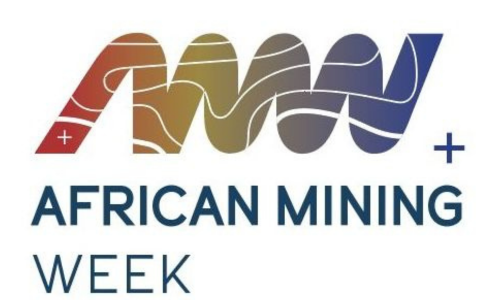African Mining Week to Highlight Coal’s Role in Regional Energy Security, Industrialization
)
A dedicated panel discussion, “Coal’s Indispensable Role: Powering Africa’s Downstream Processing and Manufacturing Boom,” will explore how coal contributes to energy security, economic growth and job creation across the continent.
Coal remains a critical driver of energy security in Africa. The continent is expected to increase coal use by 6 million tons to 191 million tons per annum by 2027 under efforts to enhance the resilience of the electricity network, according to the International Energy Agency. In South Africa – Africa’s largest producer and the world’s sixth - the coal sector has been crucial in addressing load shedding, with a 7% increase in coal use in 2023 and 2024 strengthening the grid. On the global stage, African coal also plays an important role, accounting for over 3.5% of the world’s total production, with producers such as Mozambique, Zimbabwe, Zambia and Botswana kickstarting new projects and optimizing existing assets. South Africa exports 28% of its coal production and ranks as the world’s fourth largest coal exporting market.
Glencore increased its South African coal production by 5% in Q1 2025 compared to the same period last year, reaching 4.2 million tons. In March 2025, Seriti Resources inaugurated the R500 million Naudesbank Colliery in Mpumalanga province, shortly after coal was designated a critical mineral by South Africa’s Ministry of Mineral and Petroleum Resources. Meanwhile, Canyon Coal is preparing to break ground on the R1.5 billion Sukuma Mine, targeting 7.2 million tons of annual output. In Zimbabwe, Contago Holdings’ Muchesu project – backed by Huo Investments – is ramping up production to meet both domestic and export demand.
Recognizing coal’s strategic importance in shaping a just and inclusive energy transition and economic diversification, global public and private sector players are ramping up investment. In a landmark policy reversal in May 2025, the U.S. Export-Import Bank lifted its ban on financing overseas coal projects, opening new channels for international funding for African projects. South Africa’s Exxaro and Eskom have entered into a joint agreement to invest in emissions reduction technologies, supporting cleaner coal usage aligned with just energy transition objectives. In Mpumalanga, Blue Ammonia Production is progressing with its R31.5 billion Suiso Coal-to-Fertilizer project, poised to create 4,000 jobs and enhance regional agricultural productivity. Botswana is similarly advancing a $2.5 billion coal-to-liquids plant, designed to strengthen the country’s energy and fuel security. With African coal producers generating substantial revenue from coal exports, the industry will be crucial in funding the continent’s renewable energy deployment and energy mix diversification, facilitating a just and inclusive energy transition
African Mining Week 2025 will serve as a strategic platform to explore these developments and examine coal’s evolving role in Africa’s industrial future. The event will place a strong emphasis on sustainable coal practices that balance development with environmental stewardship and long-term transition goals.
African Mining Week serves as a premier platform for exploring the full spectrum of mining opportunities across Africa. The event is held alongside the African Energy Week: Invest in African Energies 2025 conference from October 1-3 in Cape Town. Sponsors, exhibitors and delegates can learn more by contacting sales@energycapitalpower.com.


